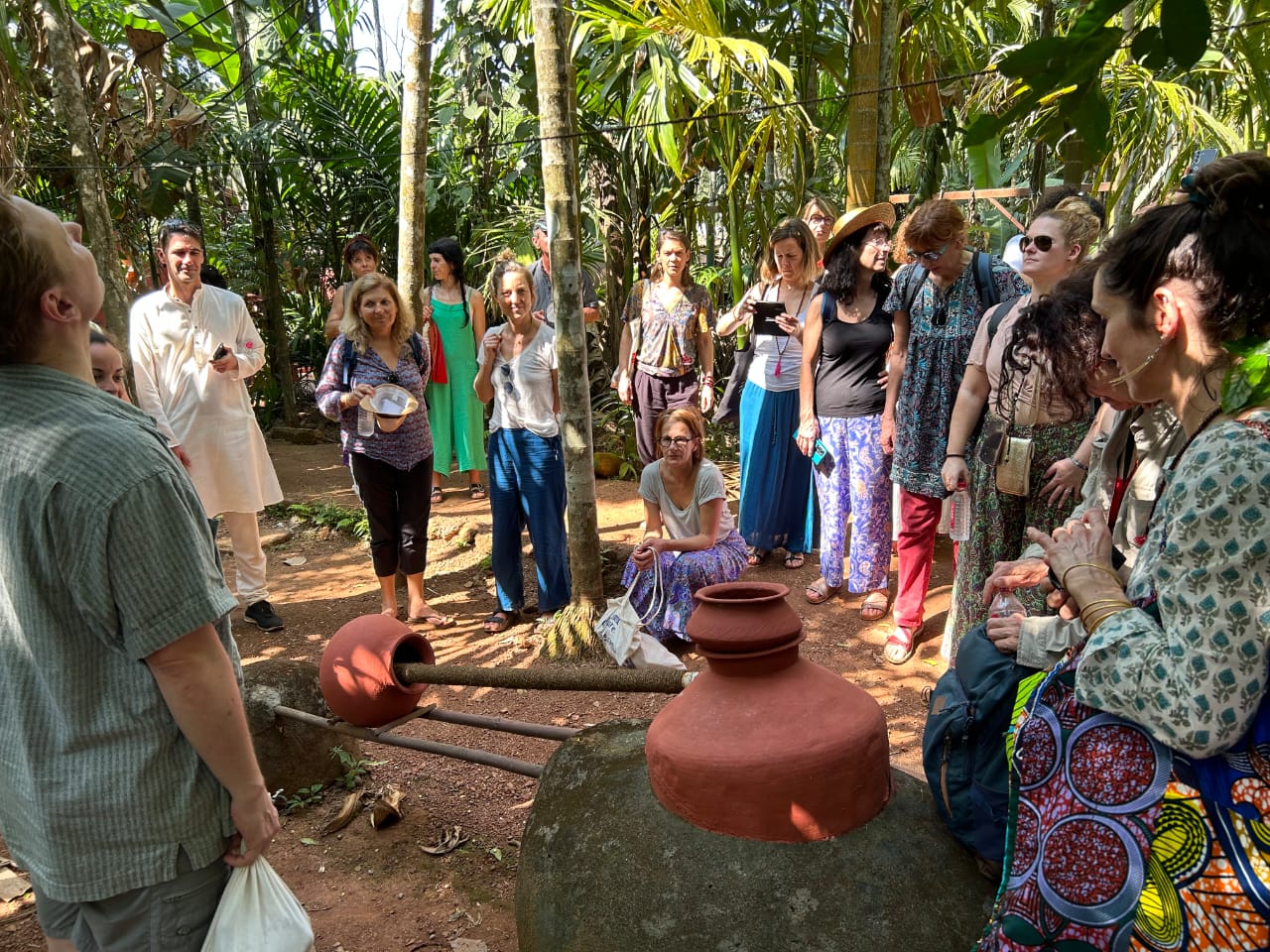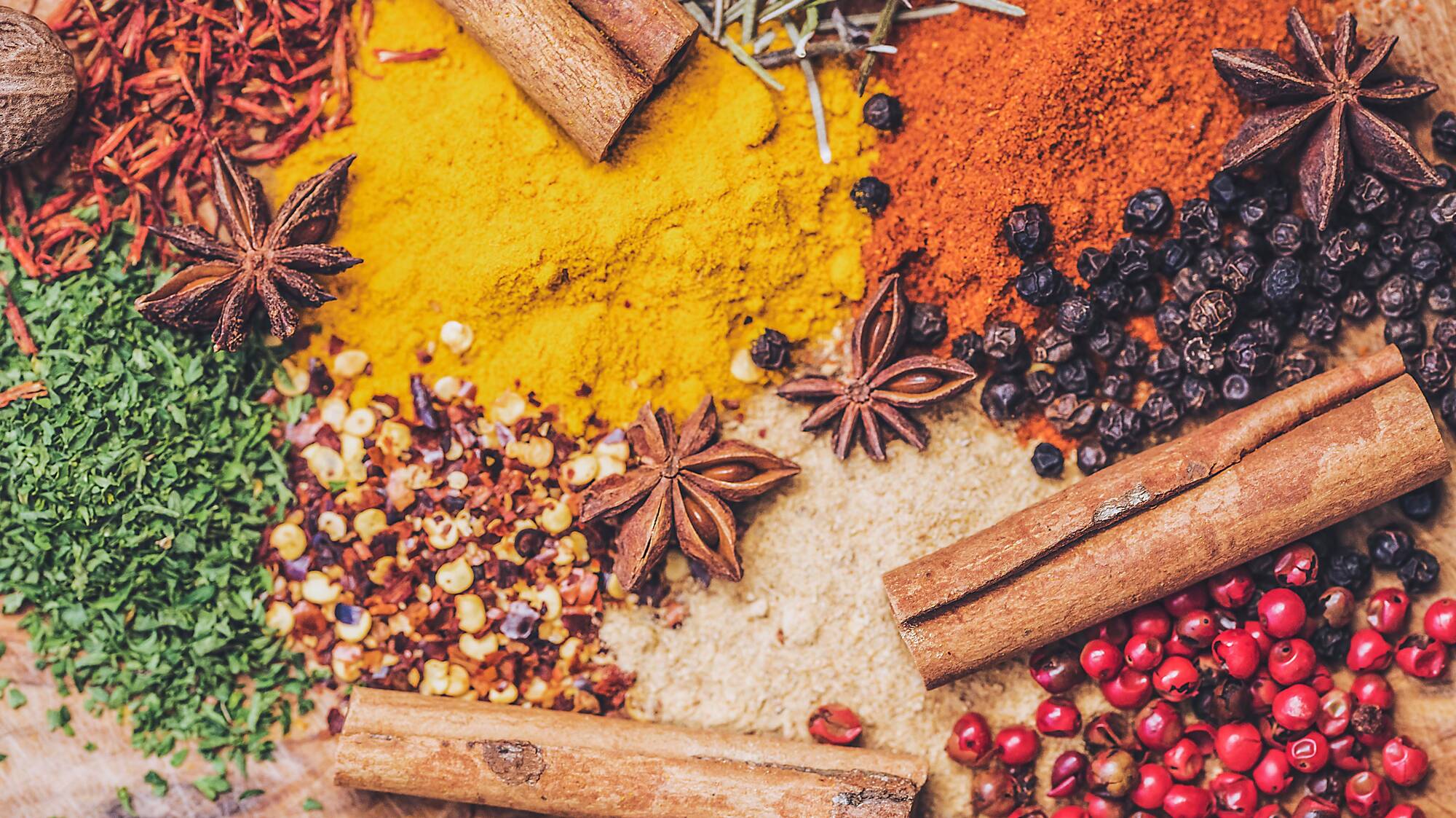Zanzibar Stone Town Tour
Overview
Zanzibar, an exotic island off the coast of Tanzania, is renowned for its breathtaking beaches, rich history, and cultural diversity. Among its many treasures, the island’s spice plantations remain a unique and fascinating attraction. Popularly known as the “Spice Island,” Zanzibar has a long heritage as a center for spice cultivation, dating back to the 19th century when the Omani sultans introduced spices from across the world. The Zanzibar Spice Farm Tour, often referred to as the “Spice Tour,” is an immersive, educational, and sensory experience that offers visitors a glimpse into the fascinating world of spices.
The tour typically takes place in privately owned farms located in rural areas just outside Stone Town, the historic heart of Zanzibar. These farms produce a dazzling array of spices, including cloves, cardamom, cinnamon, nutmeg, turmeric, ginger, black pepper, and many more. The Spice Farm Tour is not just a lesson in botany—it’s an opportunity to see, touch, smell, and taste the plants that have shaped Zanzibar’s economic and cultural history.
The tour operates year-round and is suitable for all ages, making it a popular excursion for solo travelers, couples, and families alike. Whether you’re a food enthusiast, a cooking hobbyist, or simply curious about how your favorite spices are grown, this tour promises a memorable day out on the island.

What to Expect on a Zanzibar Spice Farm Tour
1. Guided Exploration
Your journey begins with a warm welcome from your local guide, who is typically a knowledgeable expert in the fields of agriculture, botany, or local history. The guide’s enthusiasm and expertise shine through as they walk you through the lush, green plantations. They’ll explain the origins of each spice, the methods of cultivation, and the farm-to-table journey that takes spices from soil to your kitchen shelf.
The tours are conducted in English and often other languages to accommodate international visitors. Your guide will encourage you to ask questions and often share interesting anecdotes about the role of spices in Zanzibari culture, cuisine, and even in traditional medicine.
2. Hands-on Experience
One of the most delightful aspects of the Zanzibar Spice Farm Tour is the opportunity to engage all your senses. You’ll touch the rough bark of a cinnamon tree, inhale the crisp, sweet scent of freshly picked cloves, or even taste raw cardamom seeds. There are sections where visitors are invited to pick leaves, crush them between their fingers, and guess their identity based on scent or flavor.
Guides may also demonstrate traditional techniques for harvesting and processing different spices. For example, you might see how cloves are handpicked and sun-dried, or learn how vanilla is pollinated and cured. Many tours encourage participation and offer plenty of opportunities for photos.
3. Taste and Savor
The culinary aspect of the tour is a highlight for many visitors. Typically, after the tour of the plantation, you’ll have a tasting session of seasonal tropical fruits and spice-infused treats. Depending on the season, you could try star fruit, jackfruit, soursop, or ripe mangoes, as well as drinks or small bites flavored with the very spices you’ve just seen growing.
Some tours include a traditional Swahili lunch cooked using the spices from the farm. This is an exceptional way to experience the bold and aromatic flavors of local cuisine—think coconut rice with cardamom, spiced pilau, or fish cooked with turmeric and ginger.
4. Discover Medicinal and Cosmetic Uses
Beyond their value in cooking, many spices grown in Zanzibar have been used for centuries in traditional medicine and beauty treatments. Guides will introduce you to this fascinating side of spice culture, showing you plants like lemongrass, used as a tea to treat colds, or turmeric, valued for its anti-inflammatory properties.
Some farms have small demonstration areas where you can sample fresh botanical soaps, essential oils, and natural beauty products—all made onsite with farm-fresh ingredients. These unique items often make for special souvenirs or gifts to take home.
5. Cultural Insights and Local Life
The Spice Farm Tour is more than an agricultural outing; it’s an opportunity to connect with the people and traditions of Zanzibar. The farms are typically managed by local families or cooperatives, and you’ll see firsthand the daily work and intricate knowledge involved in maintaining these plantations.
Some tours include cultural elements like traditional singing, dancing, or palm leaf weaving demonstrations. Children from local villages sometimes participate by crafting necklaces and crowns from palm fronds for visitors, adding a fun and personal touch to your experience.
6. Shopping for Spices and Products
At the end of your tour, many farms have a small shop where you can purchase freshly packaged spices, teas, and homemade products. The quality is typically higher and fresher than what is found in markets, and buying directly supports local communities. Spices are lightweight and make excellent, aromatic souvenirs to remember your trip by.
7. Travel Tips and Practical Information
- Location: Most spice farms are located around 20–30 minutes’ drive from Stone Town. Transport is usually included in organized tours; check this when booking.
- Duration: Tours typically last 2 to 3 hours, not including travel time. Some packages extend to half-day with added activities or meals.
- What to Wear: Comfortable walking shoes, a hat, and sunscreen are recommended, as the tour involves walking outdoors in a tropical climate.
- Booking: Tours can be booked through our email at info@beyond-zanzibar.com
- Local Support: By attending a Spice Farm Tour, you help support local farmers and sustainable tourism on the island.




